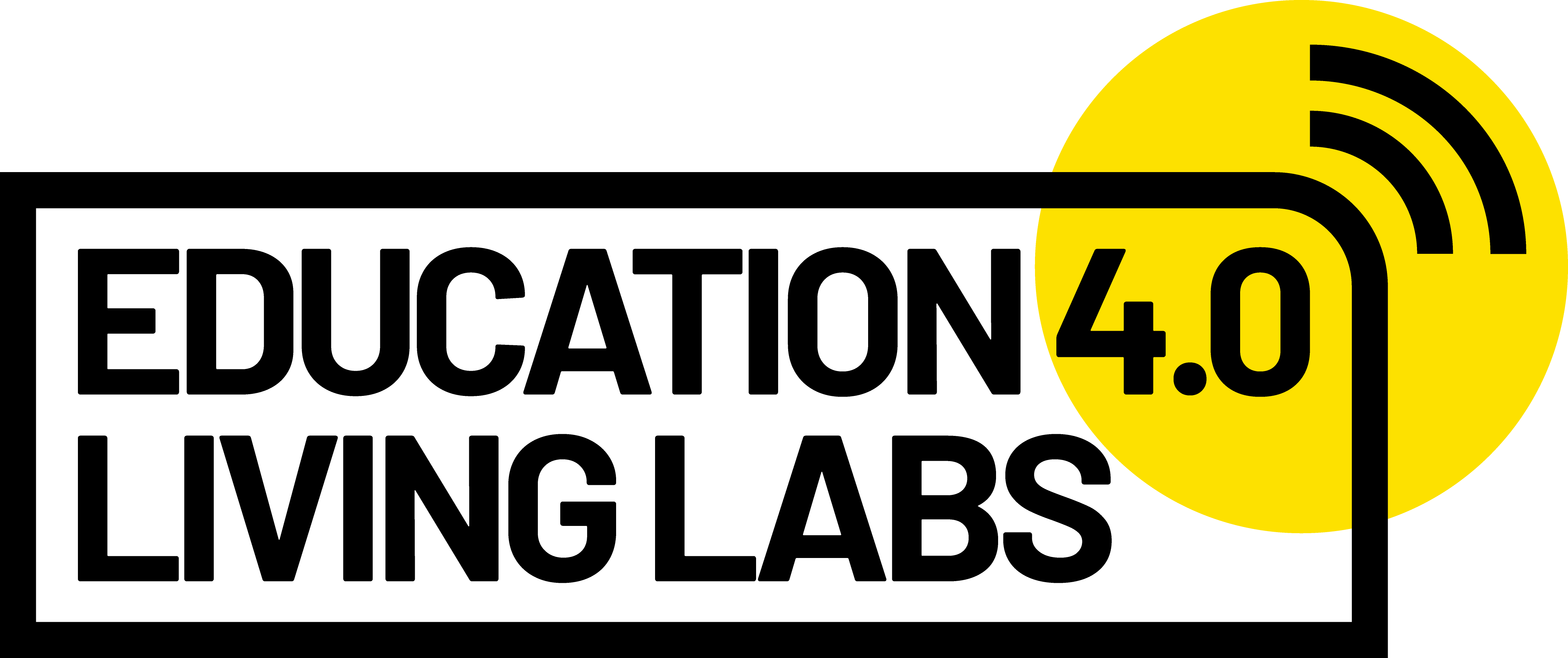1. We discussed Administrative aspects:
– Reminder to upload all administrative documents in the online Dropbox link that was set up from the beginning of the project. All relevant materials, including the contract with annexes, the templates and the attendance lists are there.
– Everyone uploaded their presentations.
– We decided on shifting the events a little duet o other unforeseen events.
– The new Communication manual and logo were presented. UPB provided templates for presentation with the new logo to use. The website is ready (to be populated with content now). The social media as well.
2. Technical notes:
– The project needs to network laboratories, infrastructures, people (students and stuff) – Tal Soffer made a good argument for how to achieve this.
– We have a good methodology around the toolkit – Joao Saraipa made a good argument for this, with an example showing the connection to the NOVA’s smart lab. The toolkit needs to include also the idea of the Distributed Lab (input for this), and be transformed (see template) into a deliverable.
– Ciprian Dobre presented the concept of how the distributed infrastructure can work with EduGain (little construction is needed, more adaptation in this case). In the next phase each partner will receive instruction on how to check if the organisation’s IDP is registered correctly in EduGAIN.
Important resources (also mentioned in the uploaded presentation):
– https://llsf.crescdi.pub.ro/ (Moodle working with EduGain, dedicated as instance to the project)
– https://data.crescdi.pub.ro/ (example of institutional data repository with EduGain)
– Susanna Spinsante made a selection of courses from each partner that can fit into the adaptation according to the toolkit. We will start the exercise with the first Training Event.
The Training of Trainers event will be organised in September at UPB (a Doodle will be circulated to choose the actual week for the event).
– There are 5 days, each day having 6 hours of lectures. Each partner has one day assigned. How to choose the topics (because the identified courses are too vast to fit into the schedule)? Susanna propose to have a storyline, everyone was in favour. We will start with sensors and measurement, then data is collected, aggregated and transformed into some form of information for a particular purpose (application). In this sense, the organisation of topics is as follows:
– UNIVPM’s team cover Sensors and Acoustic
– NOVA’s team cover Data collection
– UNES’s team cover Data acquisition (the infrastructure / platform for data)
– UPB’s team can cover Big Data processing, or Cloud Computing
– A discussion will take place with TAU to decide on their topic (UPB can shift if needed to make room)
Participants online were: (UNED) Mar Saneiro, (TAU) Anat Zuta (UNIVPM) Susanna Spinsante, (UNSTPB) Luciana Mihai, Ciprian Dobre, Oana Bugan, (NOVA) Madjid Zamiri. Participants on site were: (UNED) Emmanuelle Gutiérrez y Restrepo, Rafael Pastor Vargas, (TAU) Tal Soffer, (UNSTPB) Ioan Sacala, Alin Matei.










